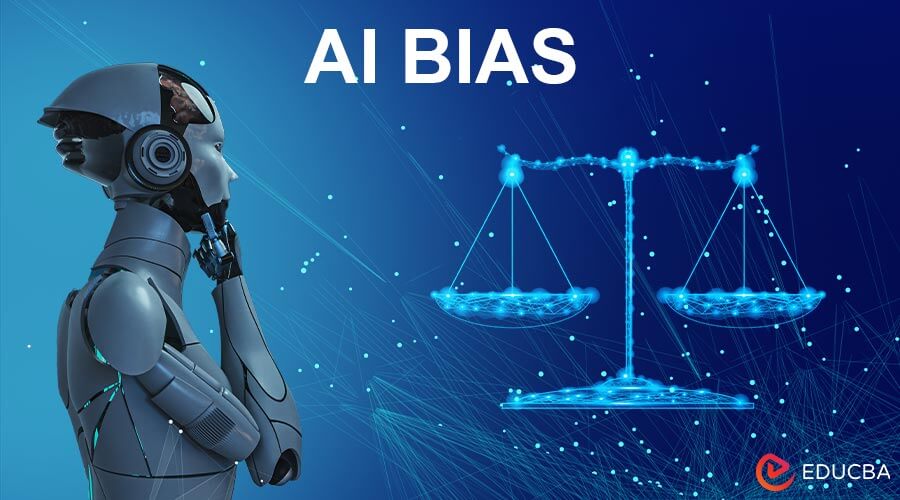Key Points:
- Decentralized digital communities offer new framework for AI governance that prioritizes public good over profit
- Community-led approaches provide transparency and democratic oversight lacking in current AI development
- Blockchain technology enables distributed decision-making for AI systems
- Experts see potential for reducing algorithmic bias through diverse community input
The rapid advancement of artificial intelligence has brought unprecedented capabilities alongside growing concerns about bias, transparency, and corporate control. Now, a new approach is gaining traction: decentralized digital communities that could fundamentally reshape how AI systems are governed and developed.
According to recent analysis from blockchain and AI researchers, decentralized frameworks offer a promising alternative to the current model where a handful of major technology companies control the development and deployment of powerful AI systems. These community-led structures leverage blockchain technology and distributed governance models to create more democratic oversight of AI development.
The Current AI Governance Challenge
The concentration of AI development within major technology corporations has raised significant concerns among researchers and policymakers. According to the Brookings Institution, current AI systems often perpetuate and amplify existing societal biases, particularly affecting marginalized communities. These biases emerge from training data, development teams lacking diversity, and profit-driven objectives that may not align with broader societal benefits.
Dr. Timnit Gebru, founder of the Distributed AI Research Institute, has extensively documented how centralized AI development creates systemic issues. Her research published in MIT Technology Review demonstrates that when AI governance remains within corporate structures, profit motives often override ethical considerations and community needs.

The challenge extends beyond simple technical fixes. Current AI systems operate as black boxes, with decision-making processes that remain opaque even to their creators. This lack of transparency makes it nearly impossible for affected communities to understand or challenge algorithmic decisions that impact their lives.
How Decentralized Communities Work
Decentralized AI governance leverages blockchain technology and distributed autonomous organizations (DAOs) to create community-owned and operated AI systems. According to the Ethereum Foundation, these structures enable transparent decision-making where community members collectively determine development priorities, ethical guidelines, and deployment parameters.
In practice, this means AI models could be trained on datasets curated by diverse community members rather than corporate data scientists. Development decisions would require consensus from stakeholders representing various perspectives and backgrounds. Revenue generated from AI applications would flow back to the community rather than corporate shareholders.
Several projects are already pioneering this approach. SingularityNET, for example, has created a decentralized marketplace for AI services where developers can monetize their algorithms while maintaining transparency. The platform’s documentation shows how blockchain-based governance enables democratic participation in AI development decisions.
The Numbers Behind the Movement
The potential impact of decentralized AI governance becomes clearer when examining current market dynamics. According to Statista, the global AI market is projected to reach $1.8 trillion by 2030, with the vast majority controlled by a small number of technology giants.
Research from Stanford’s Human-Centered AI Institute reveals that over 70% of AI research papers come from just five major technology companies. This concentration of resources and expertise creates significant barriers for community-driven alternatives. However, blockchain-based funding mechanisms like quadratic funding and token economies could help redistribute resources to community projects.
Early experiments show promising results. Decentralized AI projects have raised over $500 million in funding through community token sales, demonstrating significant interest in alternative governance models. These funds enable independent researchers and diverse teams to compete with corporate laboratories.
Technical Implementation and Challenges
Implementing decentralized AI governance requires sophisticated technical infrastructure. Blockchain networks must handle complex computational requirements while maintaining transparency and security. Research published on arXiv by distributed systems experts outlines several approaches, including federated learning combined with blockchain consensus mechanisms.
One promising model involves using smart contracts to encode ethical guidelines and community standards directly into AI systems. These contracts would automatically enforce decisions made through democratic processes, ensuring that AI behavior aligns with community values rather than corporate interests.
However, significant challenges remain. Decentralized systems often face scalability issues, with blockchain networks struggling to match the computational efficiency of centralized servers. Additionally, coordinating diverse community members requires sophisticated governance mechanisms that balance efficiency with inclusivity.
Real-World Applications and Impact
Several real-world applications demonstrate the potential of decentralized AI governance. In healthcare, community-governed AI could ensure that diagnostic algorithms work effectively across diverse populations rather than optimizing for profitable demographics. Educational AI systems could adapt to local community needs rather than imposing standardized approaches.
The financial sector presents another compelling use case. Decentralized credit scoring algorithms could incorporate community knowledge and alternative data sources, potentially reducing bias against traditionally underserved populations. World Bank data shows that 1.7 billion adults remain unbanked globally, many due to algorithmic discrimination in traditional financial systems.
Environmental applications also show promise. Community-governed AI could optimize resource distribution based on local needs and values rather than maximizing corporate profits. This approach could lead to more sustainable and equitable solutions to climate challenges.
The Path Forward
While decentralized AI governance offers compelling advantages, successful implementation requires addressing several key challenges. Technical infrastructure must evolve to support complex AI workloads on distributed networks. Governance mechanisms need refinement to balance diverse stakeholder interests while maintaining operational efficiency.
Education and accessibility remain crucial factors. Community members need tools and knowledge to participate meaningfully in AI governance decisions. This requires investment in digital literacy and user-friendly interfaces that make complex technical decisions accessible to non-experts.
Regulatory frameworks must also adapt to support decentralized models while ensuring accountability and safety. Policymakers are beginning to recognize the potential, with the European Union’s AI Act including provisions for alternative governance models.
As AI continues to shape society, the question of who controls these powerful systems becomes increasingly critical. Decentralized communities offer a path toward more democratic, transparent, and equitable AI development. While challenges remain, the growing momentum behind these initiatives suggests a fundamental shift in how we think about AI governance.
What role should everyday citizens play in governing the AI systems that increasingly influence their daily lives?
Understanding Decentralized AI Governance
How can blockchain technology revolutionize AI development and reduce algorithmic bias?
Decentralized digital communities represent a paradigm shift in AI governance, moving control from corporate boardrooms to diverse stakeholder groups. By leveraging blockchain technology and distributed decision-making, these frameworks promise more transparent, equitable AI systems that serve public interests rather than profit motives.
Sources:
- Brookings Institution – AI Bias Research: https://www.brookings.edu/articles/how-to-deal-with-ai-bias/
- MIT Technology Review – AI Ethics and Governance: https://www.technologyreview.com/2020/12/04/1013294/google-ai-ethics-research-paper-forced-out-timnit-gebru/
- Ethereum Foundation – DAO Documentation: https://ethereum.org/en/dao/
- SingularityNET Platform: https://singularitynet.io/
- Statista – AI Market Size Projections: https://www.statista.com/statistics/1365145/artificial-intelligence-market-size/
- arXiv – Distributed AI Research: https://arxiv.org/abs/2104.07147
- World Bank – Financial Inclusion Data: https://www.worldbank.org/en/topic/financialinclusion/overview





